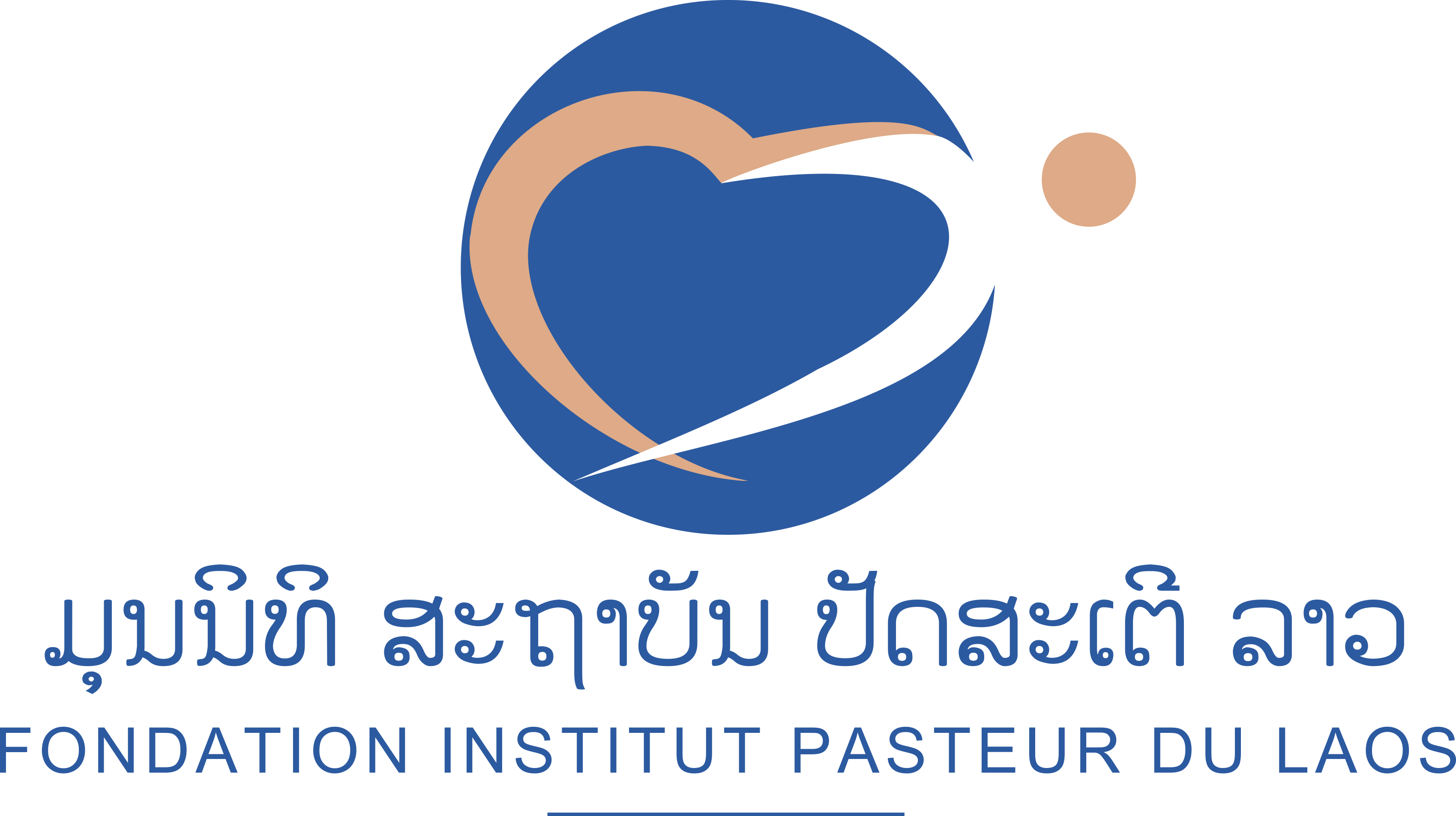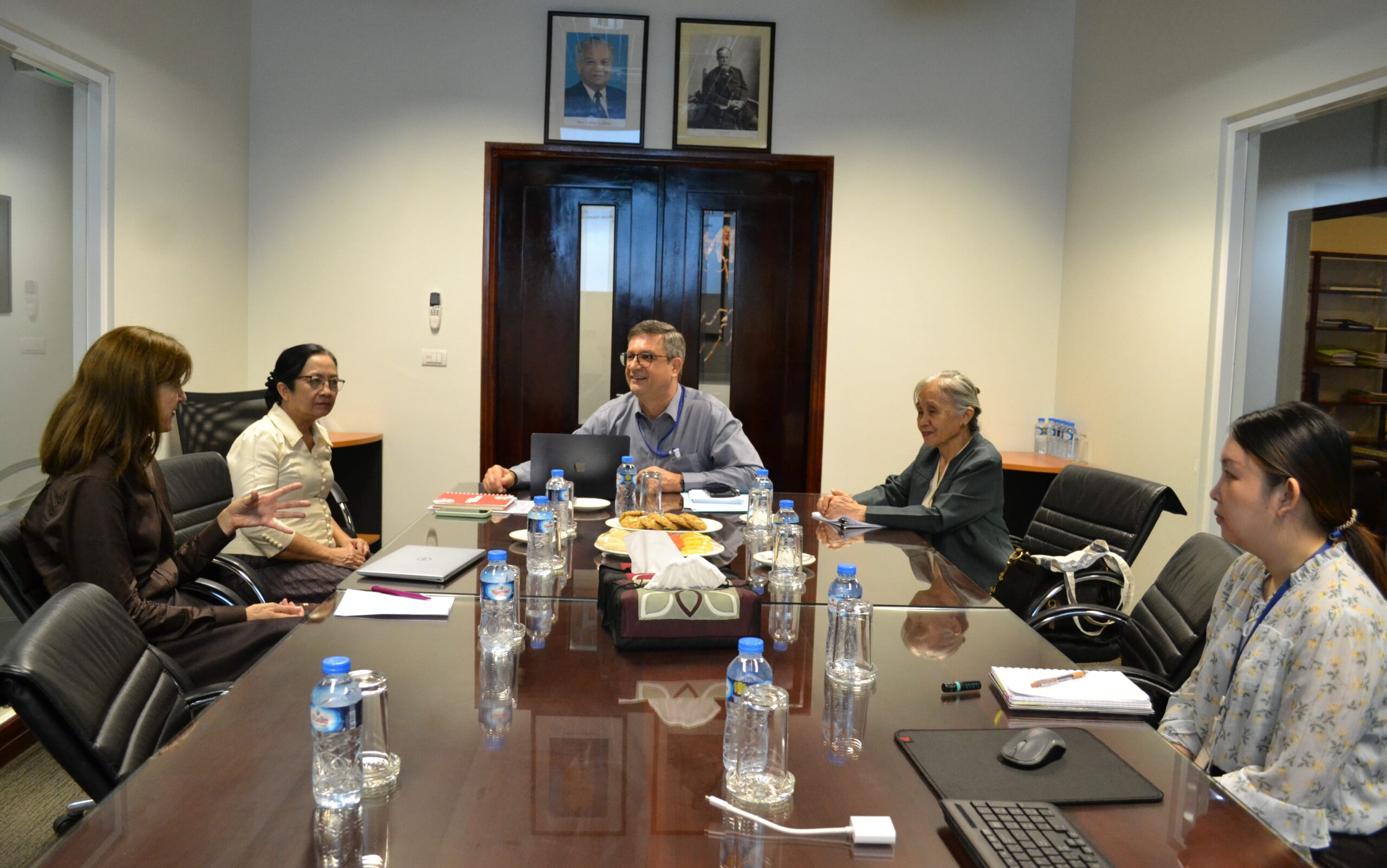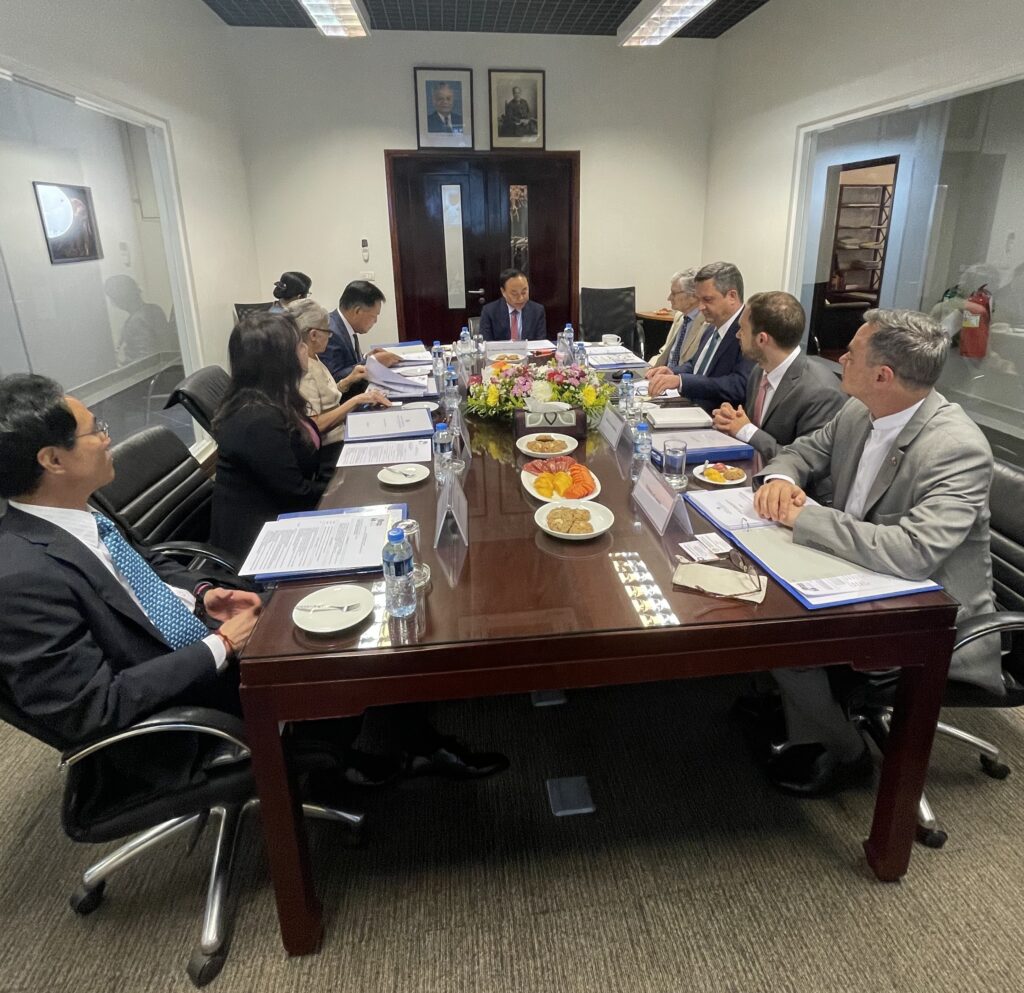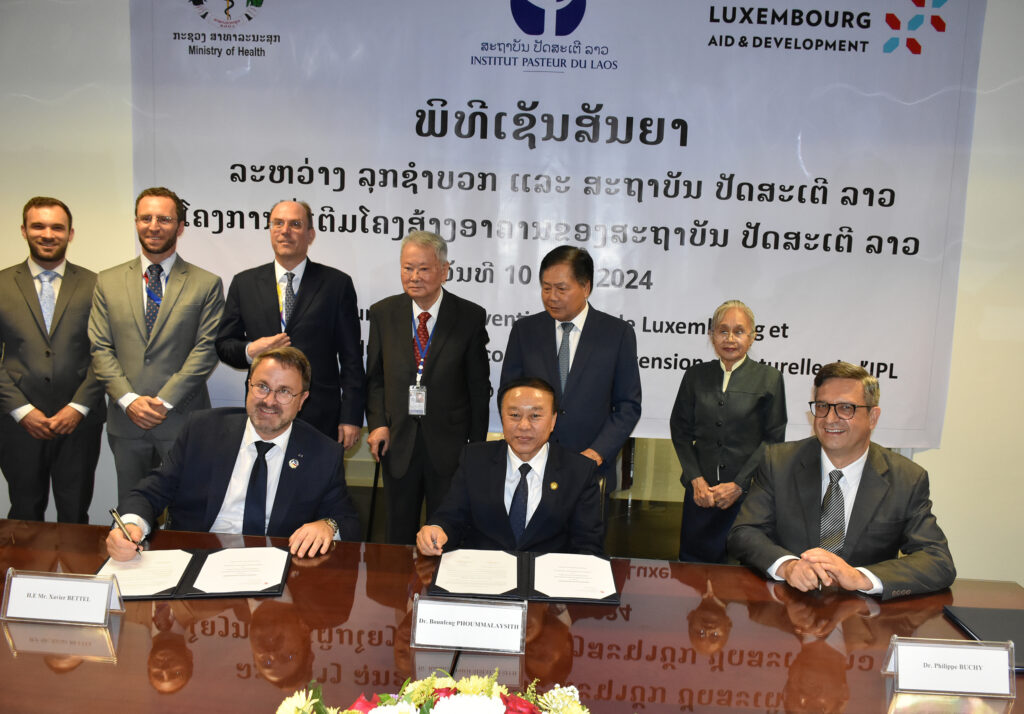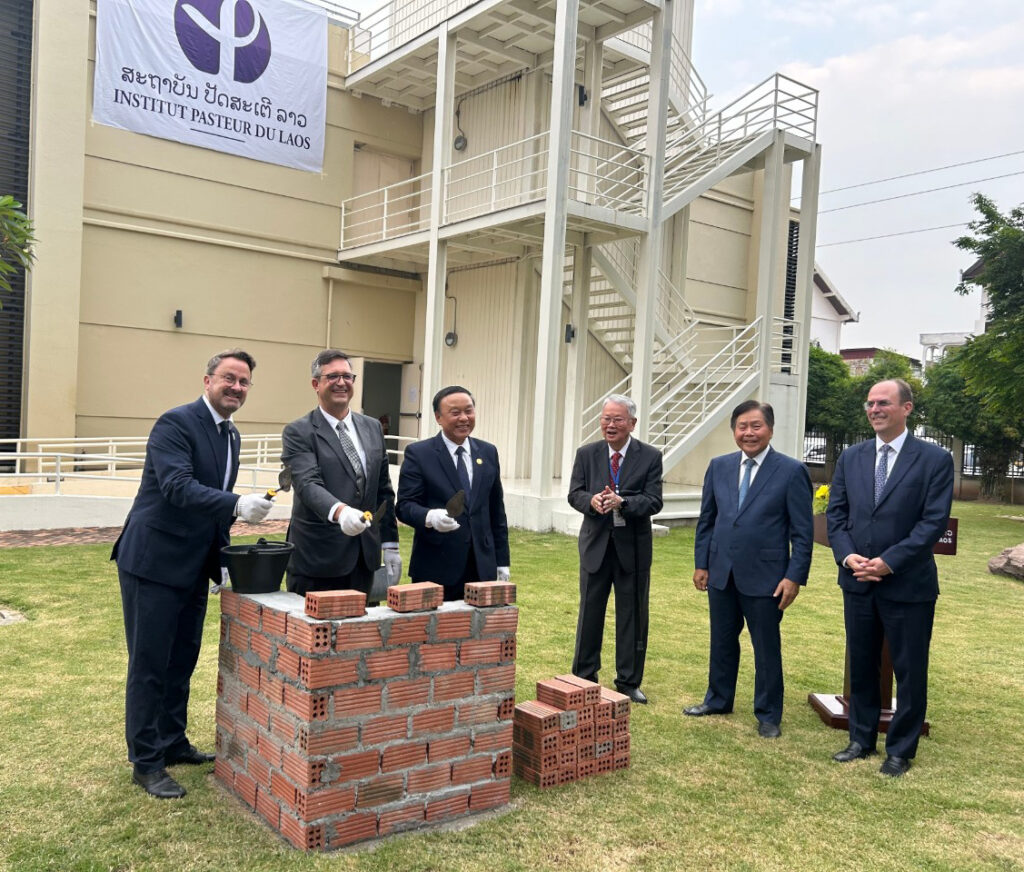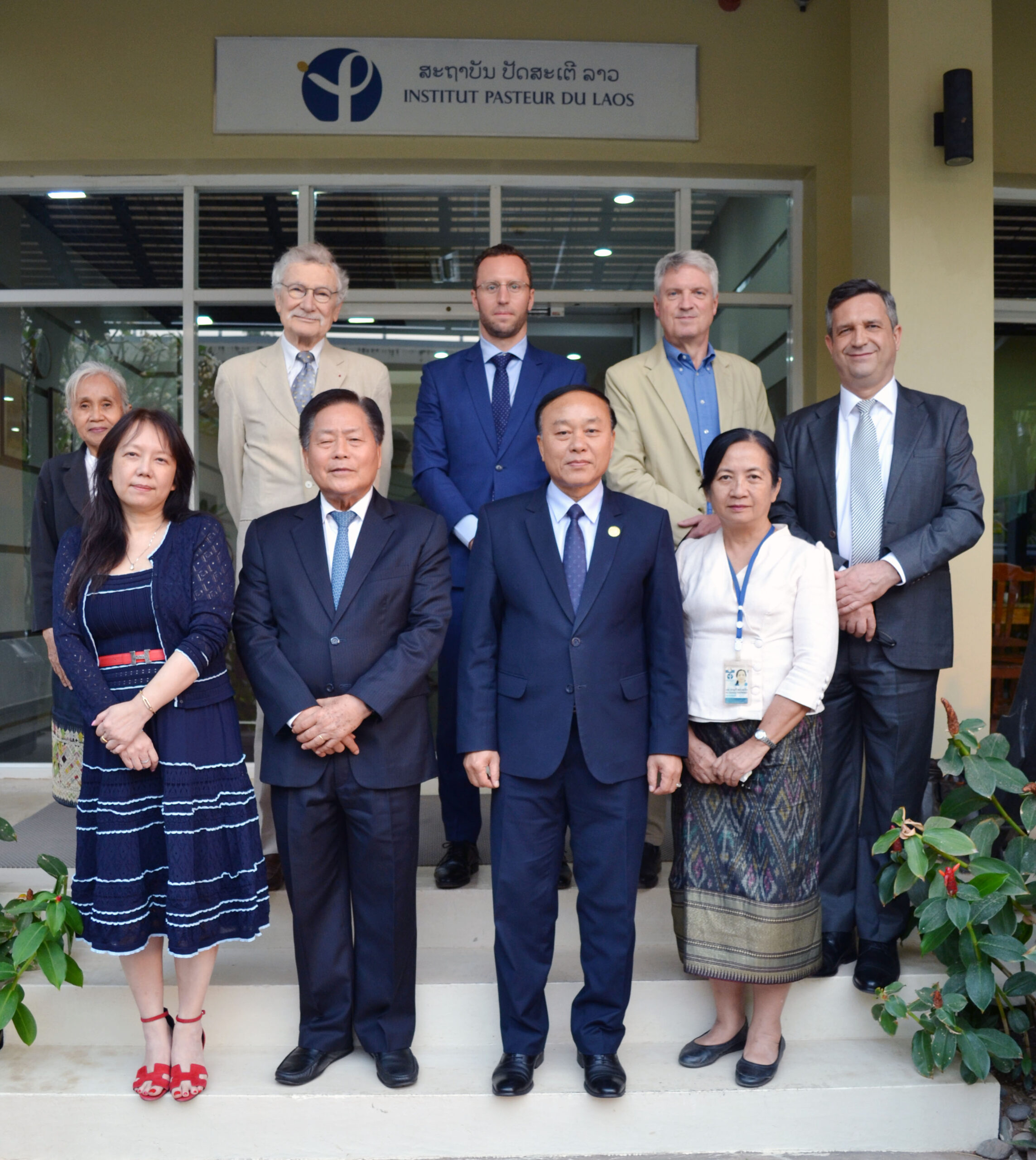International cooperation research concerning water-borne diseases in relocated people and the development of related risk management techniques.
Project leader:
Dr. Satoshi Nakamura (Research Institute, National Centre for Global Health and Medicine, Japan)
Funding of the project :
Overseas Academic Research in Grant-in-Aid (A) by the Ministry of Education, Culture, Sports, Science and Technology (MezXT), April 2012 – March 2013
Partners:
NCMPE; National Institute of Public Health; Institut de la Francophonie Medecine Tropicale
Description of the project and objectives:
Improving the health condition of hill tribe people is essential for Lao P.D.R. to achieve its Millennium Develpment Goals. The research goal is to gain a clear understanding of the state of water-borne diseases that are frequently contracted by the people who have been relocated, as well as develop risk management techniques in relation to counter-measures. The research covered the following diseases : diarrheal diseases including cholera ; amebiasis ; filariasis ; trematodiasis ; and malaria.
Results:
The collaborative study demonstrated that the different infestation figures of human intestinal parasites between mountain and lowland areas along the Mekong in Lao PDR. Liver fluke infections were still high in the Capital and through out the country. Furthermore, age, literacy, the use rate of the safe drinking water, and the ethnic tribe ratio were found to be risk factors by analyzing parasites rates and health survey data of the inhabitants relocated from mountain areas. Moreover, the risk-management technique practicalities were shown by developing the risk maps through out the country.
Publications:


